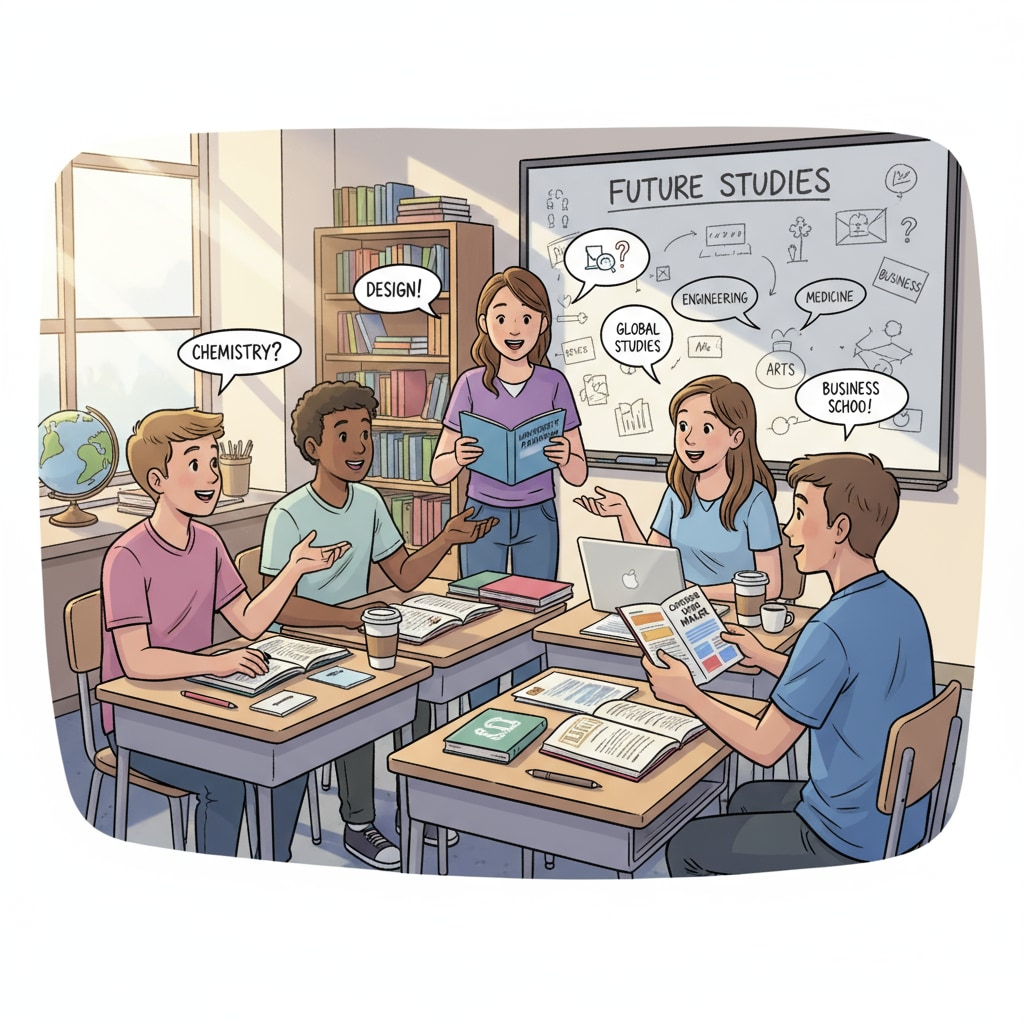University major selection, career planning, and interest exploration are crucial aspects that high school students often grapple with. As they stand at the crossroads of their academic and professional futures, the decisions they make regarding university majors can have a profound impact on their long – term career paths. However, this process is not without its challenges.

The Dilemmas of University Major Selection
One of the primary dilemmas students face is the lack of in – depth understanding of majors. Many students choose majors based on surface interests. For example, a student who enjoys reading might consider English literature as a major without fully realizing the complex academic requirements, such as literary theory analysis and historical context studies. According to Britannica’s Education section, this lack of understanding can lead to disappointment and academic struggles later on.
In addition, external influences play a significant role. Parents’ expectations, peer pressure, and the perceived job prospects of a major can cloud a student’s judgment. A student may be pressured into choosing a major like computer science due to its high – demand job market, even if they have little genuine interest in the field.

The Uncertainty of Career Directions
Career direction is often uncertain for high school students. The job market is constantly evolving, and what is in demand today may not be the case in a few years. For instance, emerging fields like artificial intelligence and renewable energy were not as prominent a decade ago. Students need to consider not only current job trends but also potential future developments. As stated in Wikipedia’s Career Development page, having a clear career vision is essential for making informed major choices.
Moreover, students may have multiple interests, making it difficult to narrow down to a single career path. A student who loves both art and science may be torn between majoring in fine arts and biotechnology, not knowing which path will lead to a more fulfilling career.
Strategies for Interest Exploration
To overcome these challenges, students should engage in systematic interest exploration. One effective strategy is to participate in extracurricular activities related to different fields. For example, joining a coding club can give a student a taste of computer science, while volunteering at an art gallery can provide insights into the art world.
Another strategy is to conduct informational interviews with professionals in various fields. By talking to someone who has a career in a particular area, students can gain first – hand knowledge about the day – to – day tasks, challenges, and rewards of that profession.
Readability guidance: The article uses short paragraphs to clearly present ideas. Each H2 section provides key points related to university major selection, career planning, and interest exploration. Transition words like “however”, “in addition”, and “moreover” are used to connect ideas smoothly. Passive语态 is kept to a minimum, and the focus is on providing practical strategies for students.


